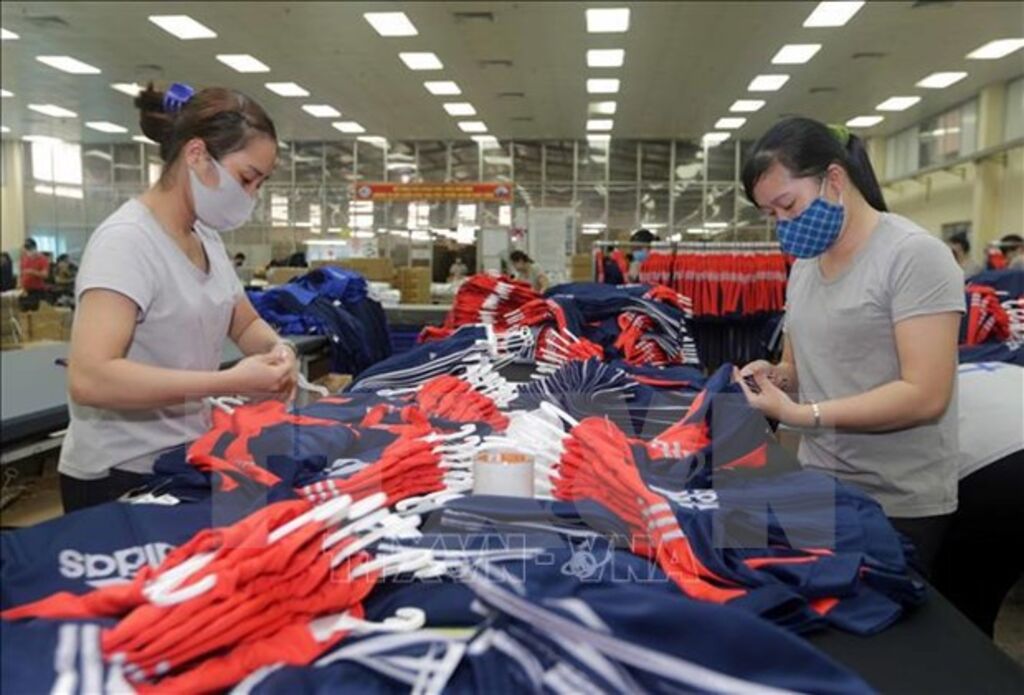 |
| Photo: VNA |
Digital transformation is considered a “key” to help Vietnamese garment and textile enterprises expand while meeting sustainable development, heard a recent conference held in Ho Cho Minh City.
Entitled “Superior Choice of Vietnam's Textile and Garment Enterprises for Sustainable Development”, the conference was held as part of the SaigonTex and SaigonFabric 2024 exhibition organised by the Vietnam Textile and Apparel Association (VITAS).
Nguyen Thi Tuyet Mai, Deputy General Secretary of VITAS and head of its representative office in HCM City, told the conference that the Government recently approved the Vietnam Textile and Garment Industry Development Strategy to 2030, vision to 2035.
Its objectives include enhancing the production of high-quality items, improving competitiveness in the international market and meeting domestic demand, she said.
The VITAS representative said one of the major solutions is digital transformation across the entire textile industry.
This requires enterprises to strategically shift their business and innovate technology if they want to ensure competitiveness and sustainability, she said.
Tran Thi Ha, CEO of Pro-sports Trading Company, said though her company has used various software and digital transformation solutions, it has failed to meet customer requirements, especially in terms of information transparency and connection with customer software systems.
Moreover, company management requires strategic decisions based on synchronized data sources rather than waiting for aggregation from multiple sources, she said.
Nguyen Thi Hong Phuong, Deputy General Director of Phong Phu International Joint Stock Company, said as her company expands scale and aims for sustainable development, it needs to standardise management and production operations based on synchronized databases.
When deploying digital transformation solutions, the company could easily manage the flow of goods from raw material imports to selling finished products, she said.
The company has been successful in digital transformation in the textile sector, and next it plans to expand to other areas such as yarn, dyeing and fabric, she added.
Jatin Paul, CEO of WFX, said textile enterprises are using various standalone software and so lack cohesion. But WFX's solution offers comprehensive integration and could integrate with existing software, he said.
WFX is a global company operating in over 50 countries and territories that provide integrated software solutions for the textile industry.
The positive results achieved and the common perceptions between the two countries about the vision of bilateral relationship are important foundations for the two sides to continue to develop their connections more deeply and widely, he added.- (VNA/VLLF)









